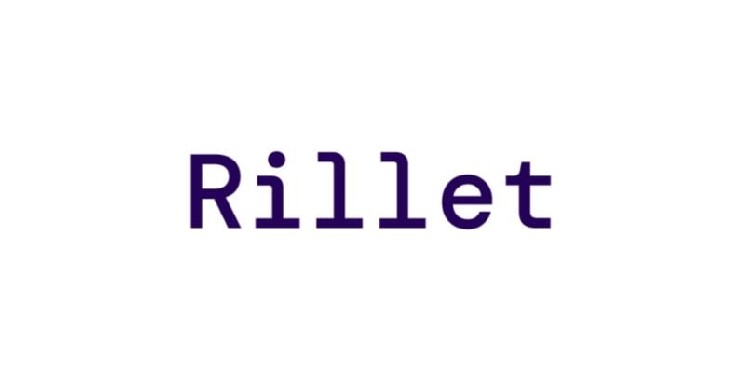Key takeout
- AI Startup Rillet raises a $70 million Sequence B to transform ERPs for SaaS corporations, with A16Z and ICONIQ in favour of automated first counting instruments.
- This follows Rillet’s $25 million Sequence A in Could, led by Sequoia Capital.
AI startup RILLET rethinks ERP (Enterprise Useful resource Planning) utilizing automation-first accounting instruments for SaaS and Excessive-Progress corporations, elevating $70 million in Sequence B funding co-led by Andreessen Horowitz (A16Z) and IconiQ.
It will carry Rillet’s whole funding to over $100 million in lower than a 12 months. Iconiq normal associate Seth Pierrepont and A16Z normal associate Alex Rampell are on the corporate’s board of administrators.
The newest spherical relies on Rillet’s $25 million Sequence A in Could, led by Sequoia Capital, which goals to carry AI to mid-market accounting.
Since its launch in 2024, the San Francisco-based firm has signed over 200 prospects, doubled its annual recurring income over the previous 12 weeks and shaped partnerships with prime accounting corporations reminiscent of Almanino and WISS.
“The finance crew deserves the advantages of the identical AI that revolutionized gross sales, engineering and legally,” Rampell stated in a press release.
Rillet’s platform will shut companies like Postscript, a $100 million unicorn, in simply three days, or shut Windsurf, which runs full monetary operations with a crew of leans.
Roughly 75% of accountants are anticipated to retire within the subsequent 15 years, inflicting a expertise scarcity. Accenture estimates that 80% of its day by day monetary operations may be automated.
“In our view, Rillet not solely modernizes accounting software program, but additionally redefines what monetary groups can obtain when they’re free of previous methods,” Pierrepont stated. “Their AI-Native strategy can provide companies a transparent benefit: sooner insights, slimmer groups, smarter choices. We imagine Lillet will grow to be the foundational infrastructure for the following era of category-defined enterprise.”


